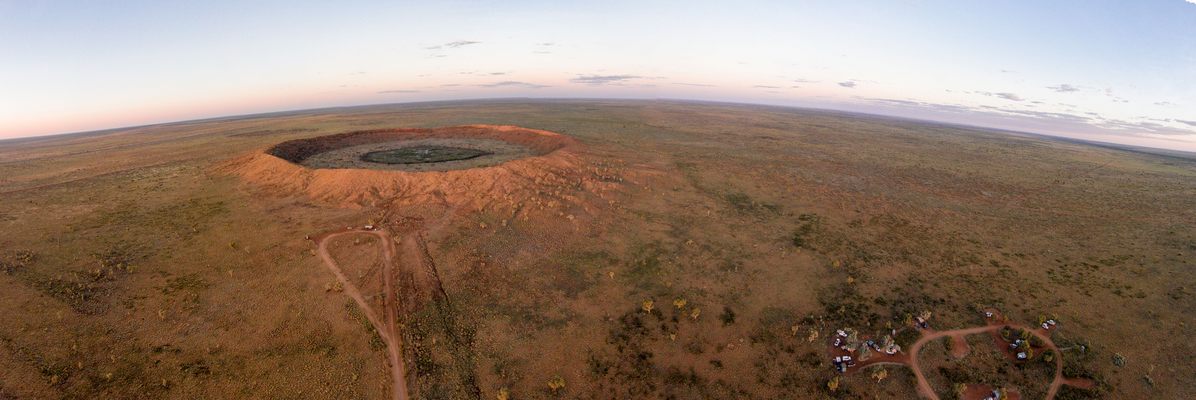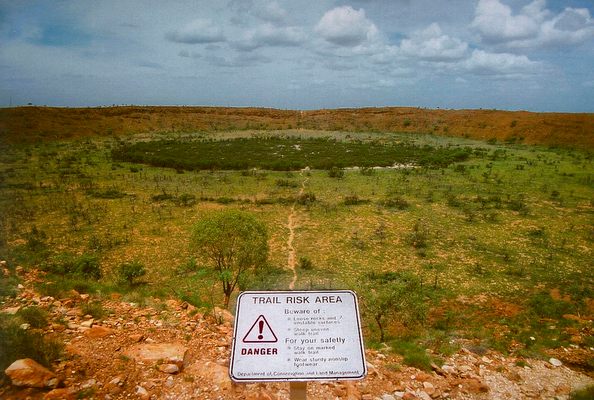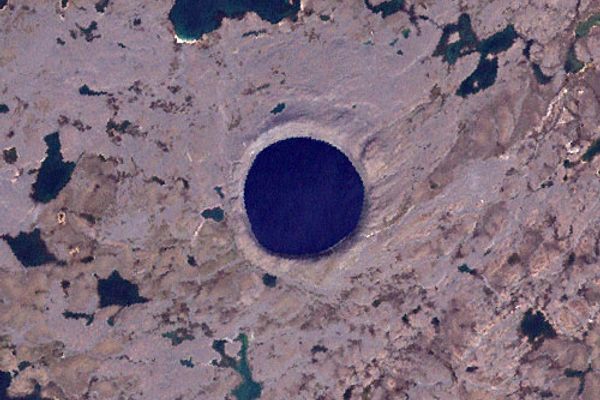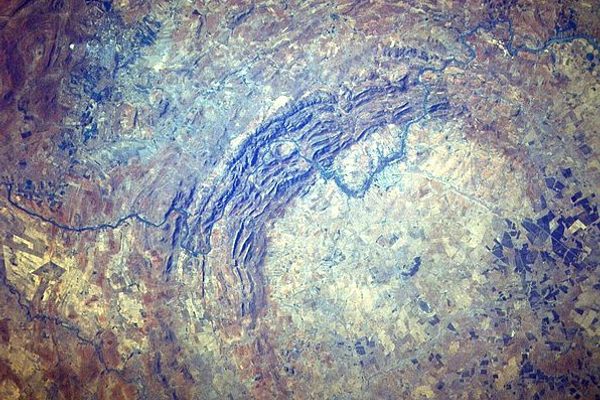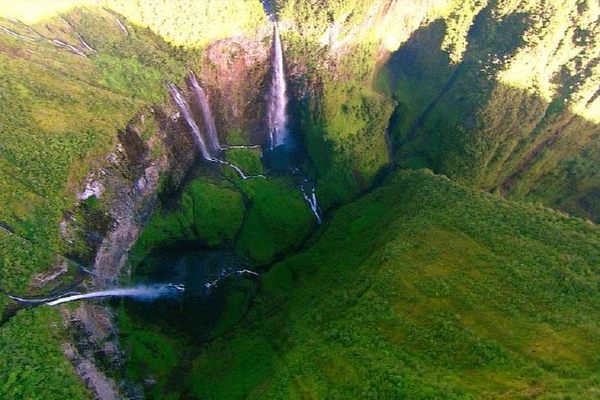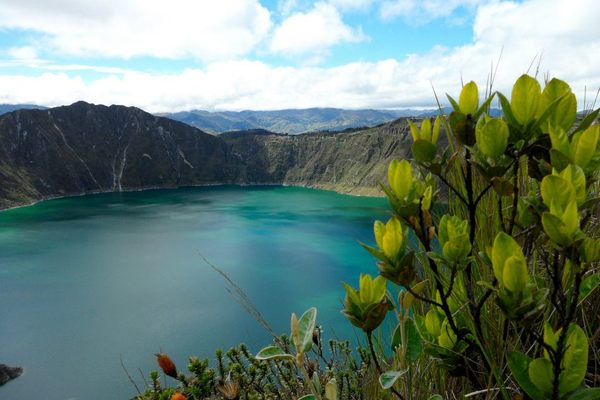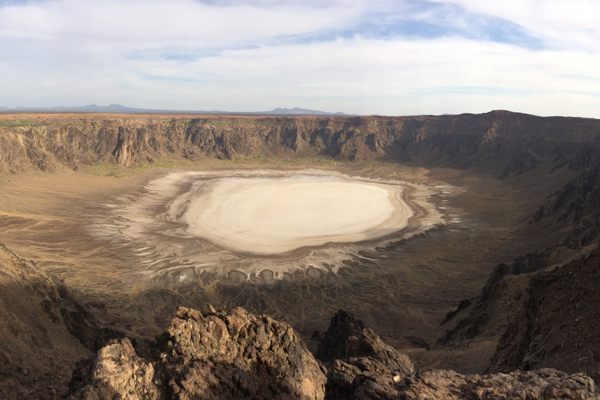About
A well-preserved crater in the Australian outback marks the earthfall of a giant meteorite that scarred the planet with its arrival thousands of years ago.
Despite the crater's ancient geological age, it was not actually discovered until 1947, when researchers conducting an aerial survey of the area happened to stumble upon it. The local aboriginal peoples had known of the crate's existence long before it was "discovered," calling it "Kandimalal." However, the crater got its current name after the scientists found it, naming it after a shopkeeper that founded nearby Halls Creek. But no matter what you call it, one thing is certain, and that is that the meteor that created the crater must have been huge.
According to scientists studying the site, the space rock likely touched down around 300,000 years ago. The diameter of the crater stretches to almost 3,000 feet and is almost 200 feet deep. Given these measurements researchers theorize that the hole was probably created by a meteor of some 50,000 tons. Supposedly small fragments of the original meteor can still be found littering the area, so if you visit, be sure to keep your eyes on the ground.
The crater and the surrounding area are protected as a national park. The crater was brought to greater fame when it was featured in the slasher horror film Wolf Creek.
Related Tags
Community Contributors
Added By
Published
December 17, 2015
Sources
- http://parks.dpaw.wa.gov.au/park/wolfe-creek-crater
- https://en.wikipedia.org/wiki/Wolfe_Creek_Crater
- http://www.sas.upenn.edu/~psanday/Aboriginal/crater.html
- http://www.outback-australia-travel-secrets.com/wolfe_creek.html
- http://theconversation.com/unknown-wonders-wolfe-creek-crater-13709
- https://parks.dpaw.wa.gov.au/park/wolfe-creek-crater
